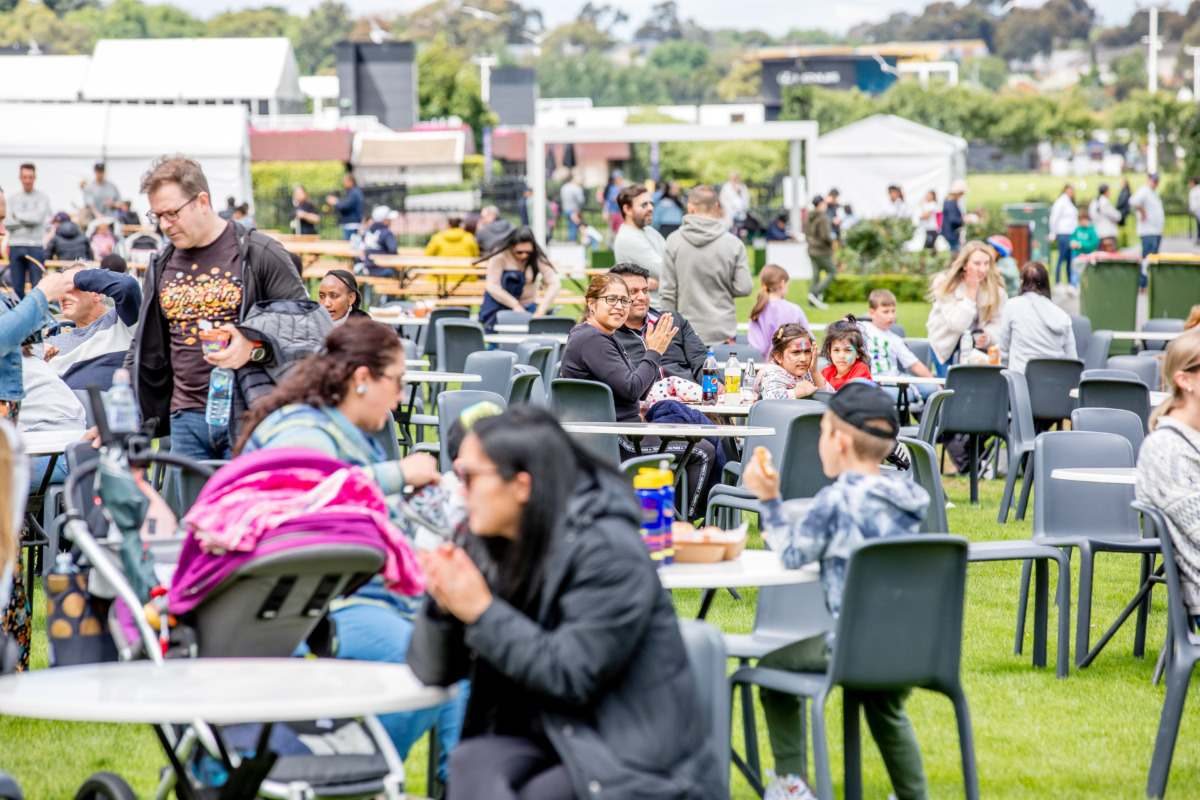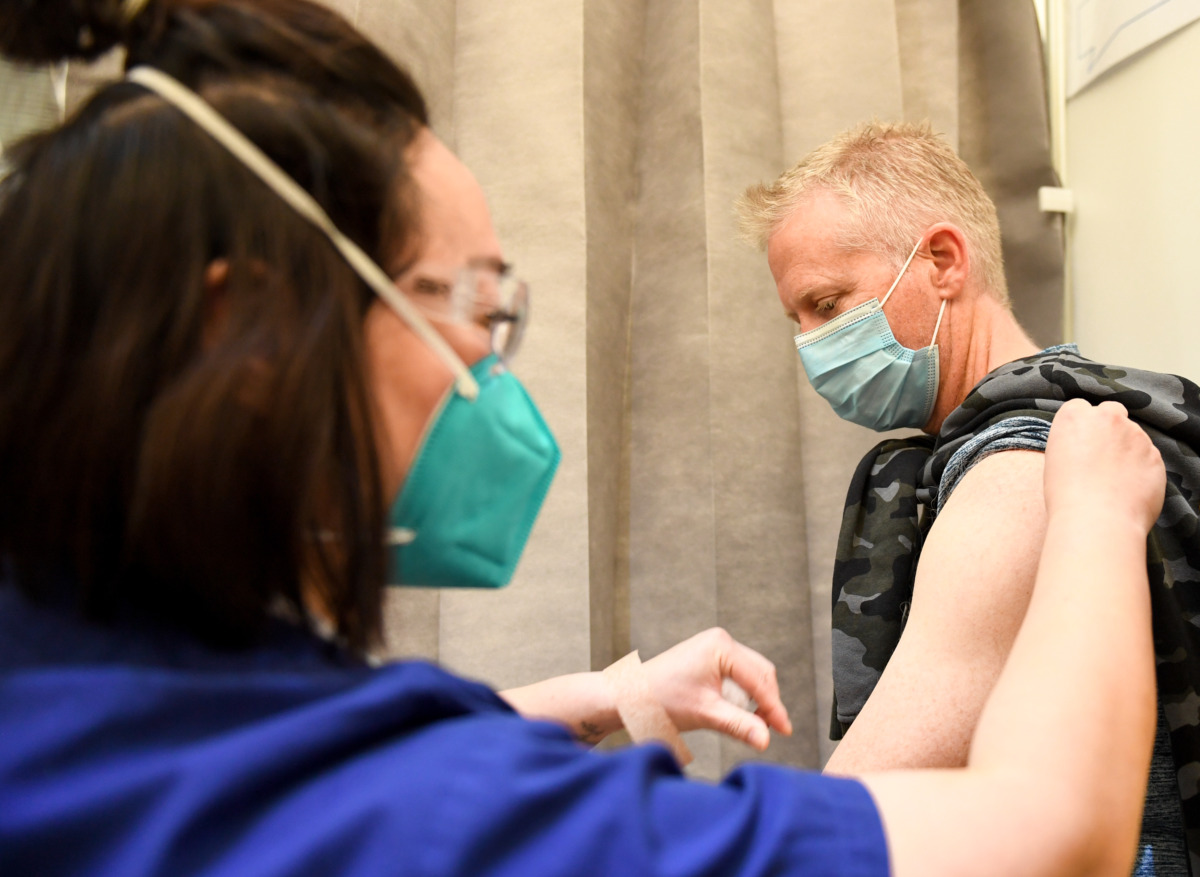

COVID-19
Don’t let COVID catch you this summer
COVID-19 continues to be a part of our lives. Anyone can catch COVID, but people who have existing health problems or are older are more likely to become unwell. The risk of COVID spreading is highest where there is an overlap of the ‘three C’s’:
- Crowded places
- Close contact settings (extended face-to-face conversations)
- Confined or small spaces
We can all make small changes in our behaviour to reduce the spread of COVID and protect ourselves, our loved ones, and the wider community.
Protect yourself by staying up to date with your COVID-19 vaccinations.
We recommend people aged 18-49 receive 3 doses of the vaccine. People aged over 50 are at increased risk of severe disease and should receive 4 doses of the vaccine. Booster doses should be given 3 months after the previous dose or COVID-19 infection, whichever happened most recently. WPHU have partnered with IPC Health to deliver vaccines across the west-metro region, find the list of vaccination sites here.
Protect others by getting tested and staying home if you are unwell.
If you have cold or flu symptoms like a sore throat and runny nose, you should get tested for COVID-19 and stay at home until you are feeling better. If you test positive for COVID-19 on a rapid antigen test, you should report the test online or by calling 1800 675 398 so that you can receive appropriate care to manage your illness. More information about testing is available here.
Most people can recover from COVID at home – take time to rest and stay hydrated. To avoid spreading COVID in the community, you should stay at home for at least 5 days or until you no longer have symptoms. If your symptoms are severe or you are having difficulty breathing, get immediate help and call 000. More information about managing COVID is available here.
Protect both yourself and others by wearing a well-fitted face mask when indoors.
Face masks lower your chance of catching and spreading an airborne virus. Make sure your mask covers your nose, mouth and chin. An N95 or P2 mask is most effective, however a surgical mask also reduces the spread. Face masks are available at state testing sites, community health services and GP respiratory clinics.
Talk to your GP before you are unwell to find out if you are eligible for COVID treatment.
People at high-risk of becoming severely unwell are eligible for antiviral medication if they test positive for COVID. This includes everyone aged over 70, Aboriginal and Torres Strait Islander People aged 30 years and older and people with severe immunocompromise. Create a plan with your GP about how you will access treatment if you test positive. If you don’t have a regular GP, you can visit a GP respiratory clinic for free.
Open windows and doors in your home or office to reduce the spread of COVID-19.
Increasing the airflow inside reduces the spread of airborne COVID droplets. You can improve the airflow in your home or workplace by:
- Opening windows, doors and vents
- Turning on heating and cooling systems (it is best to use options that bring fresh air into a room)
- Using pedestal or ceiling fan in additional to other methods like opening a window
- Using a portable air cleaner (filtration units, scrubbers or purifiers).
Learn more about ventilation strategies here.
Our team is here to help. If you have specific questions about COVID-19, vaccinations or antiviral medications please contact us.
To download this page as a factsheet, click here.



